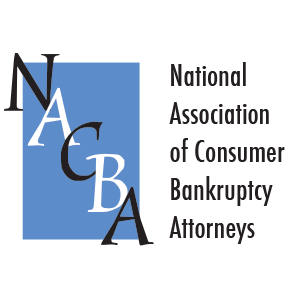By: Bruce C. Truesdale, Esq.
Currently, Americans are in debt to banks on credit cards in the amount of approximately $856 billion dollars. The average individuals credit card debt totals more than $15,000.00, trumped only by student loans.
Using a credit card is borrowing money, at a very very very high interest. The banks are charging consumers as much as 56 times more interest on a credit card than they are willing to pay on a savings account. Worst of all, the interest they are charging is “compound interest”.
Compound interest is your best friend when it is on your side and your worst enemy when it isn’t. Compound interest pays interest on interest. So as interest accrues on your credit card interest your payment keeps going up and up and makes paying off the debt nearly impossible. This is why in putting together bankruptcy schedules I have clients who are shocked at how much they owe, stating that $14,000 is too high because they only charged $2500.00!
Compound interest can be your friend. You can get compound interest working on your side in savings accounts, 401Ks, and IRAs, however you would have to be Warren Buffet to get back the interest rate that your bank is demanding on their outstanding credit card debt.
If your financial goal is to get “debt free” don’t start with the car loans or the mortgage, start with the credit cards. This is the most expensive debt you have. Create a plan with an excel spreadsheet or a financial tool, Mint.com has a great one, and pay that first! You can pay the higher interest ones off first or your can use the snowball method, in which you pay off the smaller amounts off first and than apply that payment to the next highest one and so on.
If your credit card debt is overwhelming or in collection, it is time to consult a bankruptcy attorney. I have met many many people who are beyond the payoff methods, it would take them 35 years to pay off the debt. A bankruptcy can offer a clean slate and a way to start over doing things the right way instead of spending the next 30 years digging out.
Interested in how we can help you out of overwhelming debt? Give us a call at 732-302-9600 or fill out our online consultation form and we will call you.







